In every civil society, social institutions like the courts stand as the final and important arbiters in social relationships, especially when they go sour.
However, in Nigeria, ‘go to court’ has recently become a refrain in jokes in which it is said that when someone steals your belongings in broad daylight and asks you to go to court, know that the thief’s father is the judge. Accordingly, the refrain was recently popularized in the aftermath of the declaration of Bola Tinubu as winner of Nigeria’s February 25 presidential elections. It had followed the sagacity and stridency of the electoral umpire, INEC, and other government agencies in asking opposition politicians to take the civil means of going to court to challenge the results of the polls.The federal government seems to be mimicking the success of using the police to stop civil protests and rallies against the provisions of Sections 39 and 40 of the 1999 Constitutions as well as Article 11 of the African Charter on Human and People’s Rights Act (2004) laws of the Federation of Nigeria. The laws guarantee the right to peaceful assembly.
Join our WhatsApp ChannelREAD: Rights experts say peaceful transition in South Sudan crucial, amid ‘immense suffering’
The illegality of police demand for permits before public rallies have been established by the courts yet the anomaly persists. The Police have tried endlessly to baselessly lay claim to the Public Order Act 2004, which reposed the regulation of public meetings, processions and rallies with the governors, rather than the police. In February 2012, the police and army heavily brutalized protesters who were marching against the fuel subsidy removal. The same tactics used during the 2019 “EndSars” protest against police brutality.
Like Electoral Cases…Like Strikes
Using the courts to stop labour union strikes has become another style in mischief. In September 2022, it took the National Industrial Court of Nigeria (NICN) to arm-twist the Academic Staff Union of Universities (ASUU), to suspend a seven-month strike. The Minister of Labour and Employment, Chris Ngige, had approached the NICN, praying it to “interpret in its entirety the provisions of Section 18 of the Trade Dispute Act (2004), especially as it applies to the cessation of strike once a trade dispute is apprehended by the Minister of Labour and Employment and conciliation is ongoing”. The court declared the strike illegal and ordered ASUU to suspend its action. The court went ahead to uphold the “no work no pay rule” as applied by the federal government during the period of ASUU strike. It was however curious that the court blamed government for imposing a payment system on ASUU against the autonomy rule guiding universities. The payment system, in addition to a million other breached agreements since 20111, was the reason for ASUU strike.
Similarly, in the aftermath of Tinubu’s inauguration-day announcement of the removal of fuel subsidy, many labour unions in Nigeria threatened to embark on strike beginning June 7, 2023. The federal government promptly ran to the NICN. The judge, Olufunke Anuwe, on June 5, ruled that the unions should refrain from embarking on the planned industrial action/or strike of any nature. The matter was later referred to June 19 during which the court insisted on the order stopping the unions from embarking on the planned strikes. The case has been fixed for further hearing on July 19, 2023.
Before an Injunction
The powers of court injunctions to prohibit or to compel a party in a suit to take or not to take an action is clear. Failure to abide by an injunction can attract civil or criminal charges for contempt of court. When the course of an action by a party may be potentially serious, a court may give an injunction restraining a party from taking the action. The federal government for instance had alleged that the planned strike by the labour unions would disrupt the educational and health sectors.
However, the courts seem not be taking into consideration the damage that may be suffered by the party receiving an injunction, which may be an irreparable damage. Analysts have expressed fear that 65% of small and medium scale enterprises may collapse due to the knock-on effect of subsidy removal on businesses without any palliatives. Such enterprises account for 75% of employment in Nigeria. The argument is therefore that legal considerations should guide the delivery of injunctions, not political expediency such as happens during electoral primaries and the attendant crisscrossing of politicians into political parties.
Between 2020 and 2022, many governors such as Ebonyi’s David Umahi, Cross River’s Ben Ayade and Zamfara’s Bello Matawalle had changed political parties, with the opposition challenging the cross carpeting in court. The verdicts all varied, with counter orders and injunctions by courts of equal jurisdictions in some cases. The country is yet to survive the consequences of interlocutory injunction rascality of the courts regarding the 1993 presidential elections. In light of the constitutional and traditional powers of the courts to address disputes through injunctions, a social and legal commentator, Akinwole Ogunlola, once advised: “the power of these courts to grant injunctions during electoral process, particularly in Nigeria where everything and anything is possible, require that our courts recognize both the basis and underlying principles for granting injunctions with the overall goal of ensuring public confidence in courts impartiality in the discharge of their constitutional responsibilities as well as maintaining the integrity of our electoral process.”
The Risk Of Injustice And The Shame Of Labour Cowardice
The risk of injustice rises when the court does not consider the damage to a party which gets an unjustified injunction. Ogunlola advises that “before an order is made, the court should make the claimant or petitioning party to undertake to adequately compensate the defendant for any loss or inconvenience caused by the injunction being wrongly granted.”
Moreover, if it can be adduced that a legal or other measures can be taken to avert the incidence of an injunction or other action, such a measure should be undertaken. For instance, fuel prices have risen over 1000% in Nigeria since 2012, yet civil servants remain on the same salary level. Without a palliative or other cushioning measures, the federal government was only being tyrannical in using a court injunction to stop the labour unions.
Even the unions themselves have come under heavy public scrutiny recently owing to the easy way they cower before government. The NLC and the TUC had in early May marched to the tarmac of the Murtala Mohammed International Airport, Lagos, to stop the takeoff of an Air Peace plane over a labour dispute without a police permit and in the full view of security agencies. When the NLC and TUC invaded Air Peace, some social commentators recalled that serial fuel price increases, warnings about threats to the democratic process, the badly managed naira redesign project, COVID-19 palliative bedlam, and rocket inflation figures were areas where deprived Nigerians expected the NLC and the TUC to act. But, shamefully, and inexplicably, they all chose to issue only threats, and nothing more.
Nigerians are asking: Is there more to the court injunction than merely obeying a court order?
Dr Mbamalu is a veteran journalist, Editor and Publisher
Dr. Marcel Mbamalu is a communication scholar, journalist and entrepreneur. He holds a Ph.D in Mass Communication from the University of Nigeria, Nsukka and is the Chief Executive Officer Newstide Publications, the publishers of Prime Business Africa.
A seasoned journalist, he horned his journalism skills at The Guardian Newspaper, rising to the position of News Editor at the flagship of the Nigerian press. He has garnered multidisciplinary experience in marketing communication, public relations and media research, helping clients to deliver bespoke campaigns within Nigeria and across Africa.
He has built an expansive network in the media and has served as a media trainer for World Health Organisation (WHO) at various times in Northeast Nigeria. He has attended numerous media trainings, including the Bloomberg Financial Journalism Training and Reuters/AfDB training on Effective Coverage of Infrastructural Development of Africa.
A versatile media expert, he won the Jefferson Fellowship in 2023 as the sole Africa representative on the program. Dr Mbamalu was part of a global media team that covered the 2020 United State’s Presidential election. As Africa's sole representative in the 2023 Jefferson Fellowships, Dr Mbamalu was selected to tour the United States and Asia (Japan and Hong Kong) as part of a 12-man global team of journalists on a travel grant to report on inclusion, income gaps and migration issues between the US and Asia.





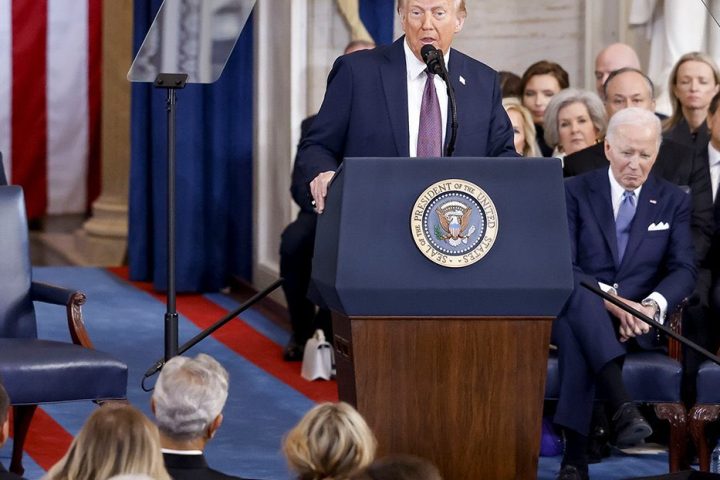

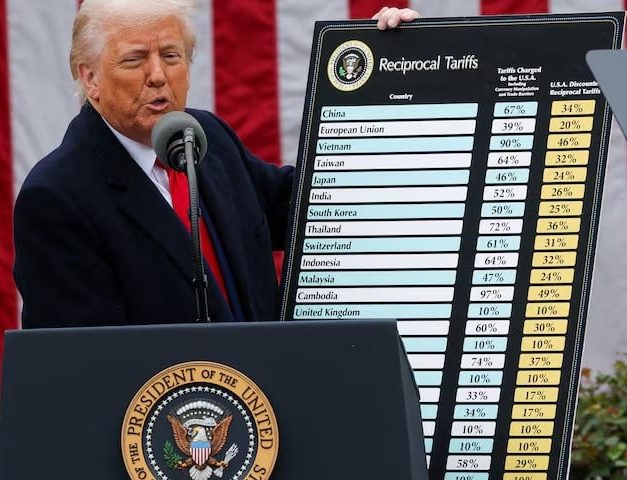





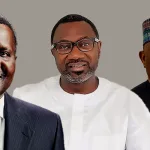

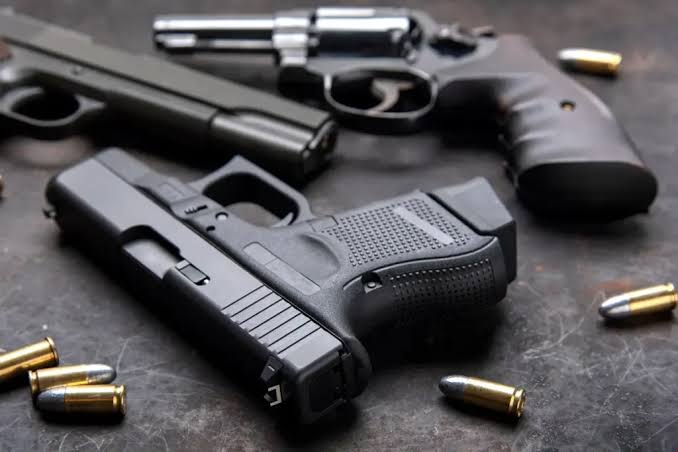
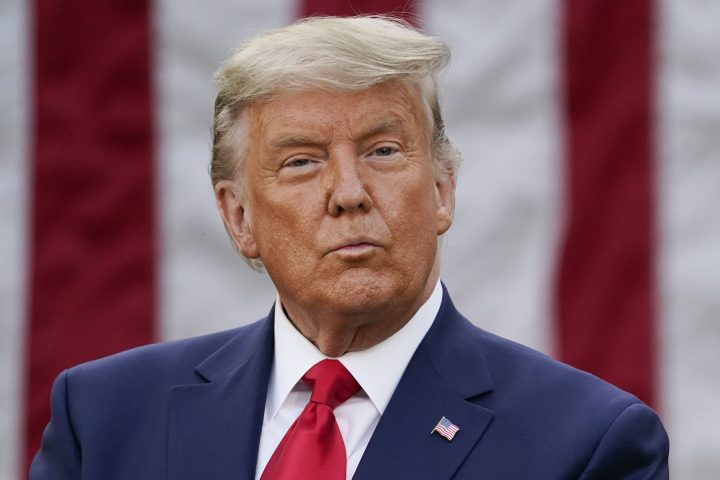
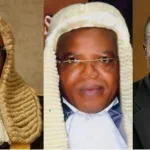
Follow Us